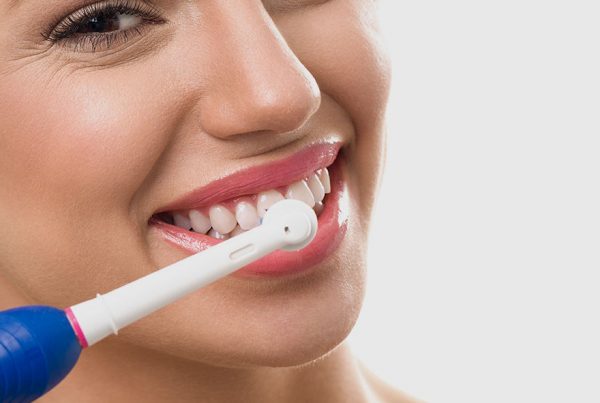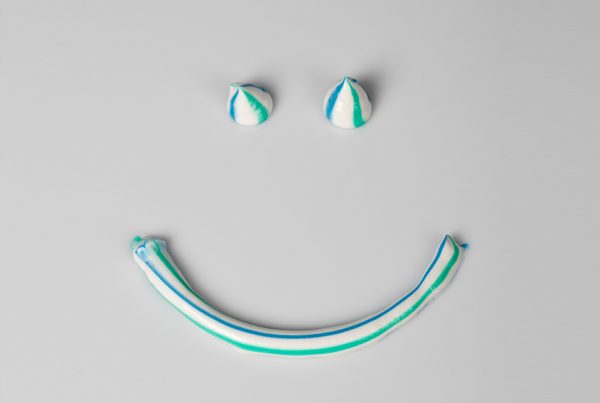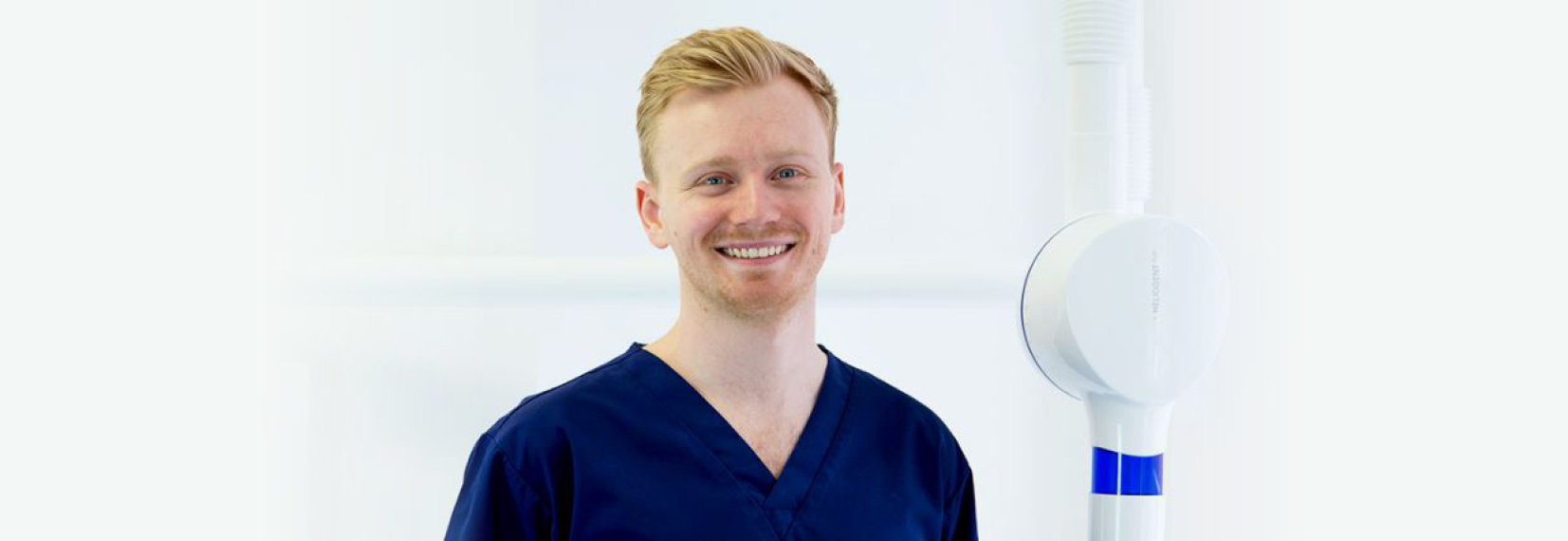Every dentist will do a check up in a slightly different way. But we will all do roughly the same things. In this article, we discuss what your dentist is checking and why regular dental examinations are so important.
What will my dentist do?
Your dentist will ask about your teeth and whether you have any concerns. Your information here will help the dentist build up a picture of any problems that need addressing.
Once you’ve explained any concerns, the dentist may then ask you about any medical changes. Some medical issues and medicines can impact on your mouth. Diabetes, for example, can make you more prone to gum disease. Some medications cause you to have a dry mouth which can lead to tooth decay. And some medications for your heart will thin your blood, meaning that you are more likely to bleed if you have dental treatment.
Now you’re lying back in the chair, your dentist will be checking several different aspects of your mouth. This is in no particular order. Each dentist will have a slightly different routine.
The dentist will check all the pink, wobbly bits around your teeth. This includes you tongue, cheeks, lips and palate. Your dentist is checking for lumps and bumps; checking that everything is healthy. A dentist would call these your ‘soft tissues’.
During a check up, your dentist will check the health of your gums. Your gums form a tight collar around the neck of your teeth to keep out food and bugs. When checking, your dentist feels for areas where the gum is not tight to your teeth by using gentle pressure with a probe. If your gums aren’t tight to your teeth, plaque and bacteria may be getting below the gum and causing mischief. When bacteria get below the gum and cause damage, this is gum disease. Gum disease can cause tooth loss so having the health of your gums checked is really important.
Then the obvious bit. Your dentist checks your teeth. They will check the fissures of your teeth. These are the valleys that run through the tops of your teeth. They will check any fillings or crowns to make sure they are solid and the remaining tooth is healthy.
Every so often, you may need an x-ray or two. X-rays are so helpful because they show us things that we couldn’t see otherwise. They show us under fillings and crowns. They can also show us the bone support around your teeth. This is key so that we know the foundations around your teeth are solid.
Those are the basics. Then with any luck, your dentist pinches your cheek, gives you a sticker and sends you on your merry way.
Why do we have check ups?
So here’s the important bit. What’s the point in going for a dental examination? I don’t have any pain. I can’t see anything wrong. Why not wait until something is hurting?
Well, by the time a tooth starts to hurt, it is often too late. When a tooth becomes painful, often the result is a complex treatment like a root canal. And if you don’t want the complex treatment, you may have to have the tooth extracted. Once the tooth’s gone, it’s gone and you’re not getting it back.
You may think that you will see a hole in your tooth before it starts to hurt. But that doesn’t work either. Tooth decay will often break through the enamel and eat away at the tooth underneath. The cavity can become massive before the enamel breaks down and the hole reveals itself.
However, your dentist may be able to see the decay early during a check up. Under the bright light, with the tooth dried off, the decay may appear as a shadow under the enamel. And if it’s not visible under the light, a hole may show up early on a routine x-ray. Caught early, tooth decay may only require a small filling.
Problems with your gums (link to ‘Bleeding gums’ article) are better caught early too. You may get no warnings of gum disease until your teeth become wobbly and need extraction. If you have gum disease, your gums may bleed but if you’re a smoker they probably won’t. So you will get no warning until it’s possibly too late.
But if you go for a check up, your dentist can find and treat the early signs of gum disease. Treating gum disease early is much nicer than extracting teeth when it’s too late.
Think of it this way. Would you rather to wait until your tooth has broken, your jaw is throbbing and the tooth is good for nothing but the bin? Or would you prefer to catch issues early and fix them with simple treatments?
Regular dental examinations help both you and your dentist to prevent and catch potential problems early. Finding problems early leads to simpler, cheaper treatments and a healthy, happy mouth.
Keep updated with the Online Dentist newslettersign up today
Recent Articles
 Tooth brushing is the best way we have to remove bacteria from our mouths. The majority of problems with your teeth are caused by bacteria. Bacteria making holes. Bacteria damaging...
Tooth brushing is the best way we have to remove bacteria from our mouths. The majority of problems with your teeth are caused by bacteria. Bacteria making holes. Bacteria damaging...
 This article is all about toothpaste, what should be in it and why you should use it when brushing your teeth. Forgive me but I'm going to start out with...
This article is all about toothpaste, what should be in it and why you should use it when brushing your teeth. Forgive me but I'm going to start out with...






